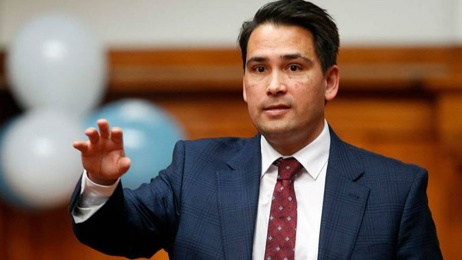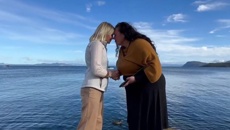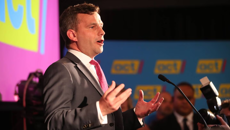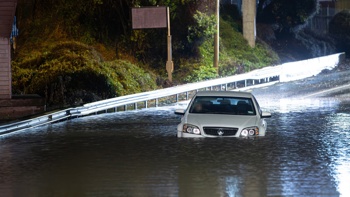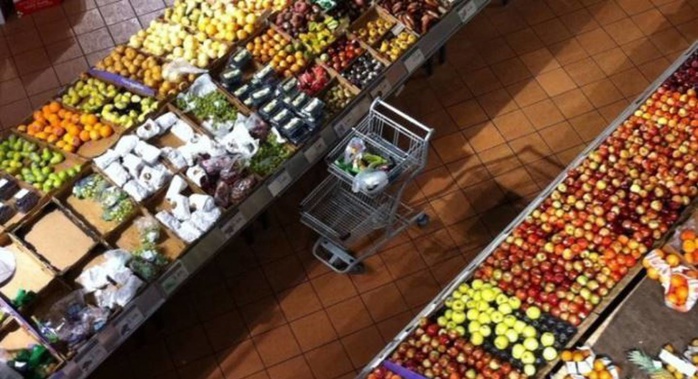
By Will Trafford of Maori Television
Te Pāti Māori wants the government to cut the 15 per cent Goods and Services Tax (GST) from kai, to tackle the soaring cost of living in Aotearoa.
"Food is a right and a necessity." co-leader Debbie Ngarewa-Packer argued today.
"Getting rid of GST on food should be a no-brainer for this government if it is serious about helping struggling whānau, especially Māori whānau, who traditionally have more mouths to feed," she said.
GST elimination is an idea borrowed from Australia. When politicians introduced a 10 per cent GST in 2000 they exempt healthy fruits and vegetables from the tax.
Former Te Pāti Māori MP Rahui Katene tried for a similar bill that failed in 2010.
Ngarewa-Packer says today's policy encompasses all food, with the shortfall made up by increasing tax for the richest New Zealanders.
"We would shift this tax burden through new taxes on wealth including capital gains, ghost house tax, financial services tax and pollution taxes."
Te Pāti Māori co-leader Rawiri Waititi says removing GST would have the best outcomes for low-income earners who spend most of their pūtea on essentials that have GST, like kai.
Both say landlords and housing speculators who are driving rents up and affordability of homes down, should be penalised and their proposed adjustments would help redistribute some of the pain of those doing it toughest.
"We are the only party in Parliament whose tax cuts aren't for the rich. Our people are struggling and it is about time they were listened to," Waititi said.
The 5.9 per cent kai inflation between January 2021 and January 2022 was the highest in decades according to Stats NZ, and something economists attribute to money printing by governments during the pandemic and supply-chain disruption caused by lockdowns.
The rises are a global phenomenon, with similar numbers in the United States and the UK but Labour has taken heat from National over the fact Australian inflation is roughly half that of New Zealand's at 3.5 per cent.
A @perfect storm@ was how Prime Minister Jacinda Ardern likened the combination of inflation and soaring petrol prices as a result of Russia's invasion of Ukraine at her post-Cabinet press conference Monday.
A three-month 25c tax cut on petrol took effect yesterday and from next month public transport will be half price.
Finance Minister Grant Robertson hasn't ruled out further action but is yet to table GST adjustments as a possible solution to rising prices.
Take your Radio, Podcasts and Music with you



